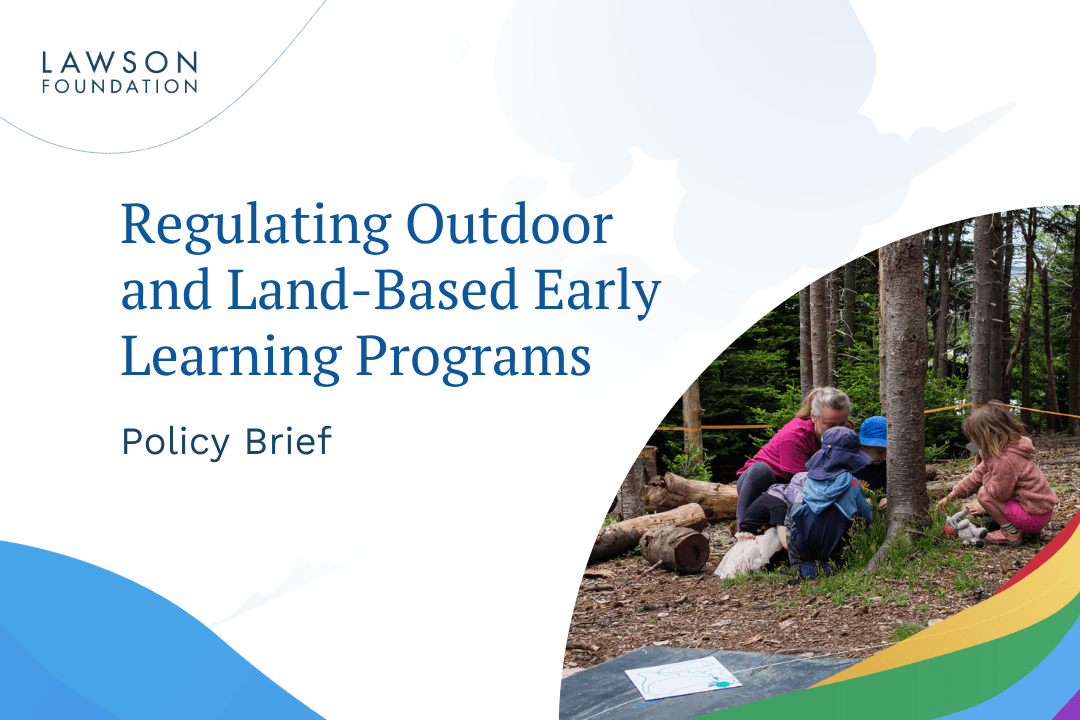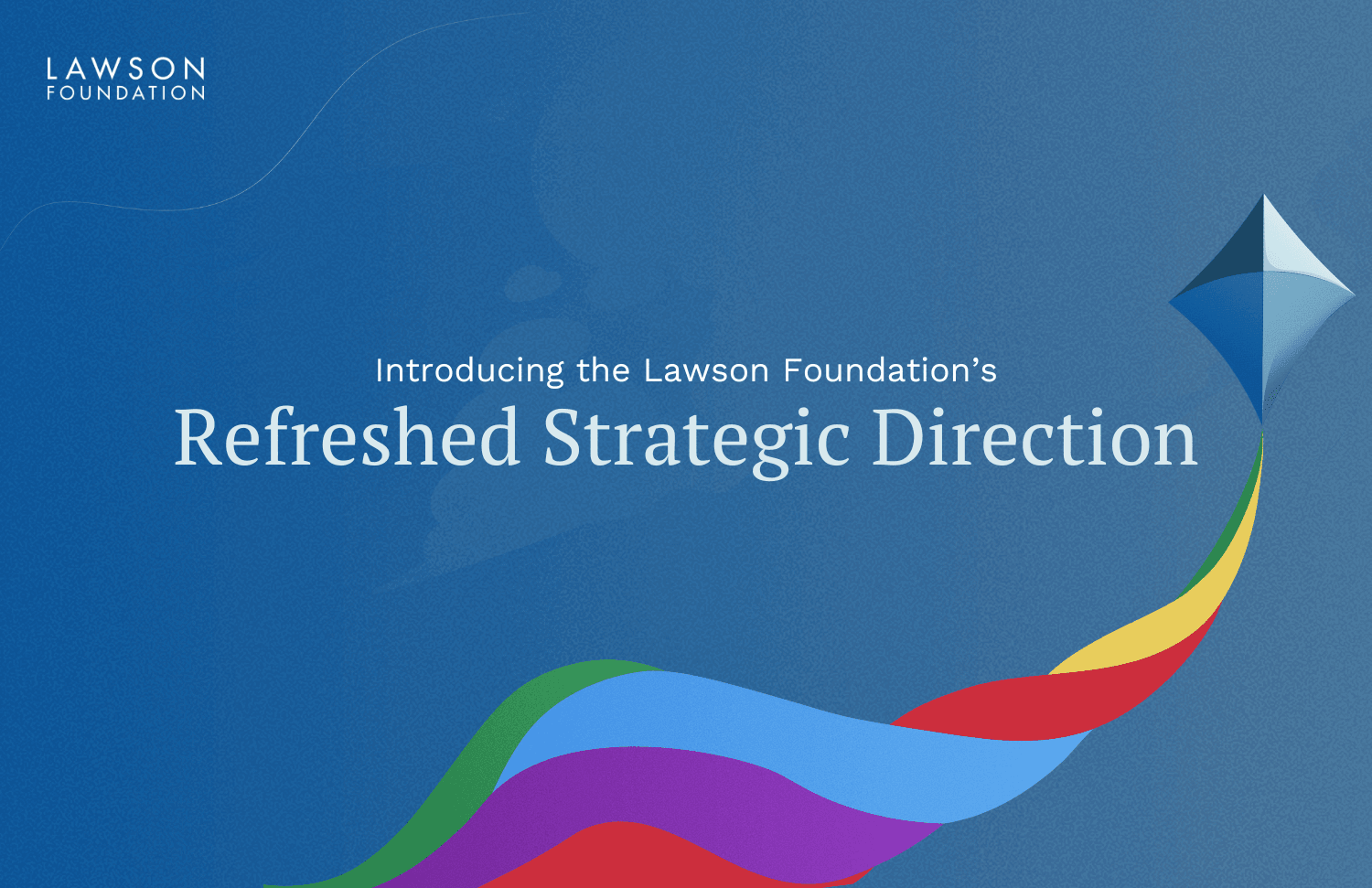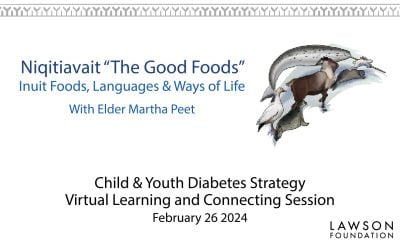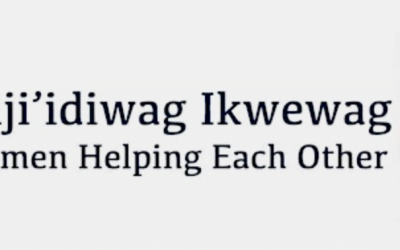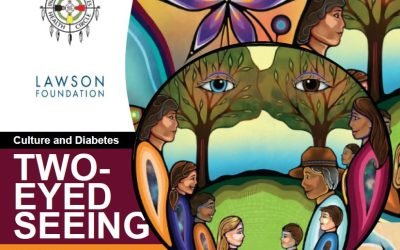Child & Youth Diabetes
Through our Child & Youth Diabetes impact area, we support Indigenous-led organizations doing wholistic community-based work in diabetes prevention and management.
Diabetes is one of the most common chronic diseases affecting children and youth. Type 1 diabetes, the primary form of the disease in children, has been rising globally and is occurring much earlier in life. Over the past two decades, type 2 diabetes—once seen as an adult disease—has also increased among children in Canada and worldwide. Diabetes during pregnancy, which heightens the risk of developing type 2 diabetes for both the mother and the child, has also been increasing steadily.
Early onset of both type 1 and type 2 diabetes heightens the risk of serious complications, including kidney disease, blindness, and amputations. Once diagnosed, children and youth must manage the disease throughout their lives.
Despite important progress, diabetes remains an epidemic. Over 11 million Canadians live with diabetes or prediabetes, and rates continue to rise. Type 2 diabetes in Indigenous youth is now recognized as the fastest-growing pediatric chronic disease worldwide, with First Nations individuals facing an 80% lifetime risk by age 20.
A Legacy of Support
The Lawson Foundation has a long history of supporting diabetes prevention, management, and research. Since the 1970s, the Foundation has invested in numerous community-based projects, including the Kahnawake Schools Diabetes Prevention Project and the endowment of the Helen and Frances Lawson Chair in Diabetes Research. Over the years, we’ve funded various initiatives aimed at reducing the burden of diabetes, especially in underserved populations. Our commitment to addressing the diabetes epidemic continues to evolve and build on this legacy of support.
Our Strategic Approach & Current Focus
In 2015, the Lawson Foundation renewed its focus on the healthy development of children and youth, launching the Child & Youth Diabetes Strategy (CYDS) to address the growing challenge of diabetes among children and families. Early initiatives prioritized community-based interventions in high-risk populations, including Indigenous communities.
By 2021, in response to the disproportionate impact of diabetes in northern and remote Indigenous communities, the Lawson Foundation convened a group of experts to further refine the strategy. Guided by Indigenous ways of knowing and leadership, the Foundation committed to a 10-year journey, centring our efforts on prevention, maternal and perinatal health, and supporting Indigenous-led projects that address health inequities in these regions.
- CYDS Second Phase Initial Cohort Investment: The Foundation has made an initial investment of over $3 million in ten projects aimed at preventing type 2 diabetes and reducing health disparities in northern and remote communities.
- CYDS Second Phase Small Grants: The Foundation has also granted smaller amounts to projects and programs outside of the cohort who are doing significant wholistic community-based work in diabetes prevention and management.
- Virtual Learning and Connecting Series: Since April 2023, the Lawson Foundation has hosted events as part of the CYDS, featuring expert speakers on topics related to health and Indigenous communities.
For more information on the Child and Youth Diabetes Strategy, please connect with Jeff LaPlante.
Current Focus
Preventing type 2 diabetes and its complications affecting Indigenous Peoples
Strategic Pivot
Targeting the healthy development of children and youth
A Legacy of Support
A rich history of support for diabetes prevention, management and research
Understand our Impact
Access information about our granting history and the projects that we fund in our Grants Navigator.
Related News and Updates
Child & Youth Diabetes Strategy | Virtual Learning and Connecting Series #5 | Niqitiavait, “the Good Foods”
https://www.youtube.com/watch?v=rJoddhnhzUg In our February 26, 2024, episode of the Child & Youth Diabetes Strategy Virtual Learning and Connecting Series, we were honored to be joined by host Martha Peet, an Inuk Elder and Traditional Knowledge Keeper...
Diabetes Awareness Month
November marks Diabetes Awareness Month and an opportunity to reflect on the silent health crisis affecting millions of people across Canada, especially in northern and Indigenous communities where the rise of type 2 diabetes among youth has been recognized as the...
Child & Youth Diabetes Strategy | Virtual Learning and Connecting Series #4 | Innovative Approaches to First Nations Wellness
https://youtu.be/4R68_Lk-NWM?si=sL6M4sIXpZ8dGpN2 In Episode 4 of our Child & Youth Diabetes Strategy Virtual Learning and Connecting Series, alongside our partner, First Nations Education Council, we heard from David Gill, a retired National Team athlete...
Child & Youth Diabetes Strategy | Virtual Learning and Connecting Series #3 | Indigenous Birth Helpers
https://youtu.be/xwVG2vRKwro?si=C7KF4-FY6zyvBNIR “We have to go back to the beginning.” That’s what Indigenous grandmothers told Jolene Mercer and Kathleen Bluesky, who shared the story of Wiiji’idiwag Ikwewag with us for the latest episode of the Child &...
Child & Youth Diabetes Strategy | Virtual Learning Series # 2 | Culture & Diabetes
https://youtu.be/e1uSpCOLoXE?si=ZKi7Dl3n5G1J4WxM “I am not this disease. It came to tell me that I need to start loving myself.” Grandmother Renee Thomas-Hill shares her wisdom in episode 2 of our virtual learning series on diabetes and Indigenous wellbeing....
Child & Youth Diabetes Strategy | Virtual Learning Series # 1 | Food Matters
https://youtu.be/9lQWYl6QBRw?si=L5zAOhEIcXUXDZFI Watch episode 1 of our Child Youth & Diabetes Strategy Virtual Learning & Connecting series, which features a conversation with Demian Lawrenchuk, Fox Lake Cree Nation, and Executive Director of Food...
